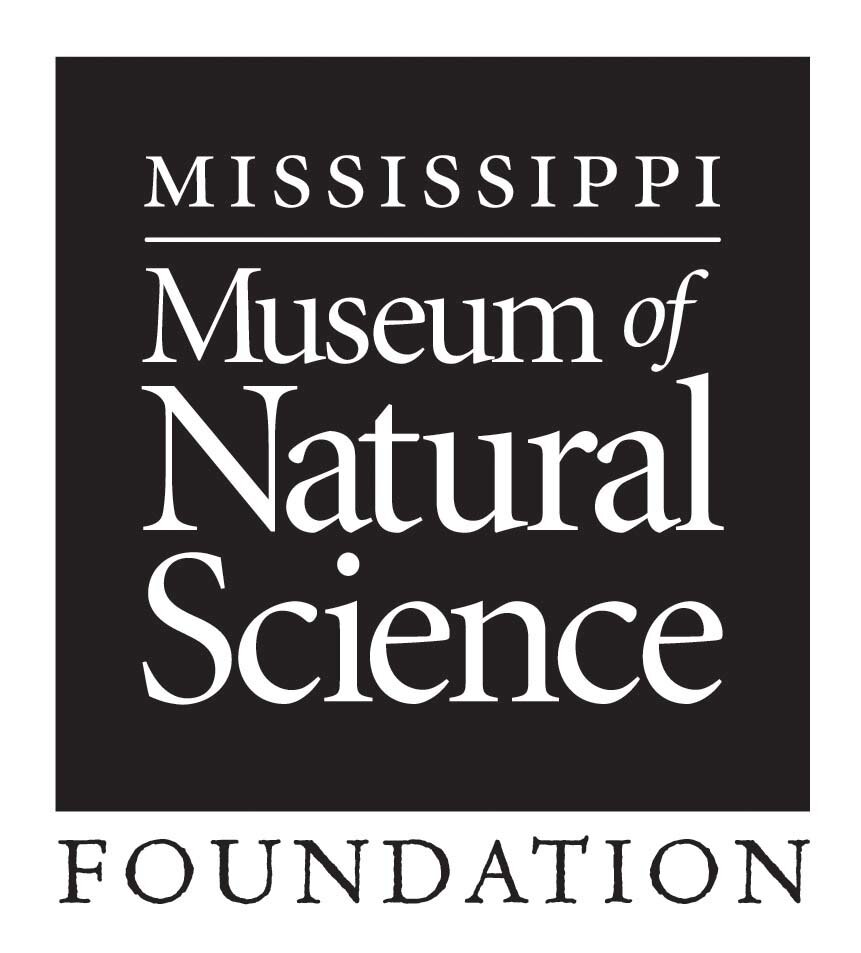Have you ever brought a fossil to the museum for identification? If so, you’ve probably met George! We hope you were inspired by his enthusiasm for paleontology and for our museum.
Get to know George in the interview below.
WHAT’S YOUR WORKDAY LIKE?
My priorities of the day are variable. If newly returned from a field trip, I spend the day transcribing my notes and data to the database, sorting and cleaning samples, and cataloguing specimens.
Outside of the field season, I am most often found processing sample backlogs or working with the collection, identifying fossils for the public (via emails, social media, and walk-ins), conducting correspondence with other researchers, interpreting data and writing research papers, traveling to invited lectures or other outreach venues, working with volunteers, and/or maintaining organization in the lab, which becomes easily and quickly untidy.
Of all my responsibilities and duties, I love research writing the most, but I must struggle to find time to write in my very busy schedule.
I’m happy to have celebrated 16 years on the museum staff this month!
TELL US A BIT ABOUT YOUR BACKGROUND & EDUCATION
I grew up on a family farm in the Mississippi Black Belt Prairie, which is steeped in history, including ‘fossil history,’ or paleontology.
Fossil-bearing sediments dating to the Cretaceous Period (“Dinosaur Age”) and Pleistocene Epoch (“Ice Age”) were exposed within ten minutes of my home in all directions. The first fossils I ever found were in the company of one of my father’s farmhands, who, although not knowing much about their identities, nevertheless knew exactly where to find them.
Befriending a local geologist, I soon learned quite a bit about the origins, age, identities, and significance of what I was finding.
My hobby of fossil-collecting persisted into early adulthood, but I did not pursue a career in paleontology until I was much older.
WHY DID YOU CHOOSE THIS CAREER?
After trying several unrelated career paths out of high school and into my 20s, I eventually decided to return to school for undergraduate and graduate degrees in biology and geology, pursuing my avocational passion of paleontology as an actual profession.
HOW DOES YOUR JOB CONTRIBUTE TO CONSERVATION?
A curator is a conservation steward, of sorts. Although paleontological endeavors do not typically serve the conservation efforts of living species, a curator must know how to conserve the remains of extinct organisms, which require skills relating to collection, preservation, and interpretation.
ANY ADVICE FOR A STUDENT INTERESTED IN A BIOLOGY OR MUSEUM CAREER?
For an undergraduate degree, majoring in biology and minoring in geology—or vice versa—is generally sufficient in order to begin a graduate degree that focuses on paleontology.
I enjoyed biology and geology equally, so I double majored. However, some specialized fields of paleontology may require a chemistry minor.
























